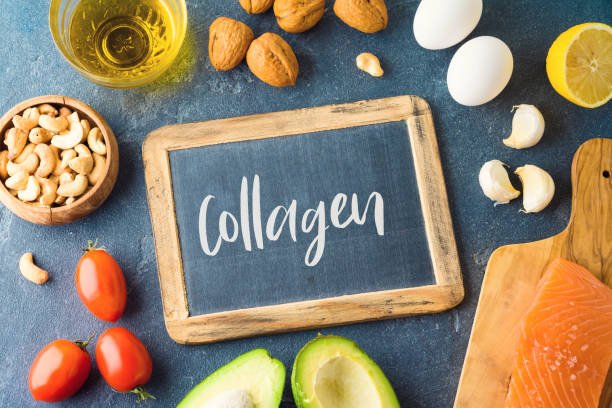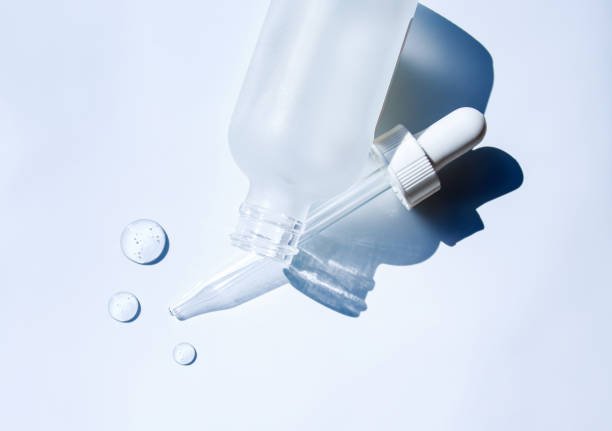Introduction
Your skin reflects your overall health, and the food you eat plays a vital role in maintaining its vitality. A nutrient-rich diet can combat skin issues, slow aging, and give you a radiant complexion. This article explores the best foods to include in your diet for skin health explains how their nutrients work from within.
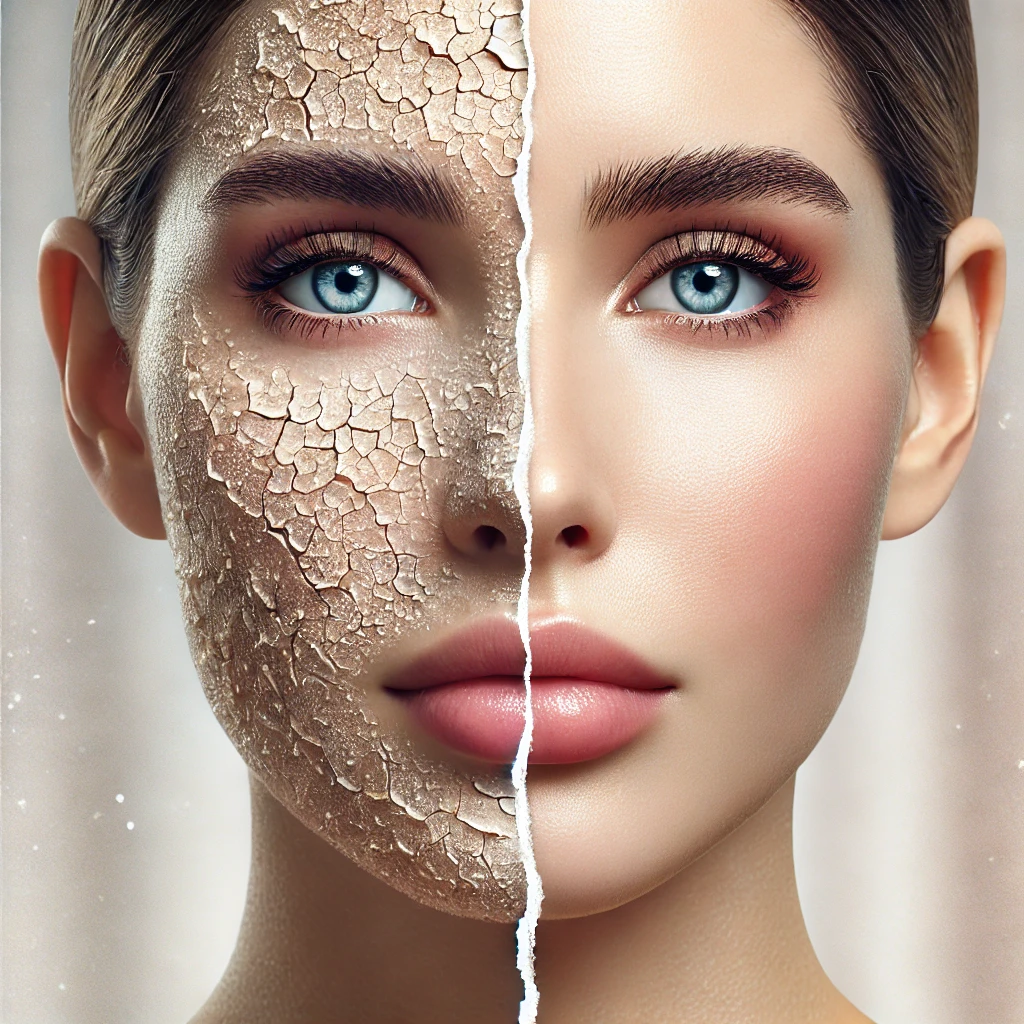
Why a Healthy Diet Is Key to Radiant Skin?
• The Role of Nutrients: Skin relies on vitamins, minerals, and antioxidants to repair damage, stay hydrated, and combat aging.
• Link Between Diet and Inflammation: Poor diet can lead to inflammation, contributing to acne, redness, and other skin problems.
• Gut-Skin Connection: A healthy gut microbiome improves digestion and reduces skin issues like acne and eczema.
The Best Foods to Nourish Your Skin Naturally
1. Fatty Fish: The Ultimate Skin health Superfood
• Examples: Salmon, mackerel, sardines
• Benefits for Skin:
• Rich in Omega-3 fatty acids, which reduce inflammation and keep the skin moisturized.
• Contains Vitamin E, a powerful antioxidant that protects skin from damage.
• High in protein, which supports collagen production.
• How to Incorporate: Eat grilled or baked fatty fish twice a week.
2. Avocados: The Secret to Hydrated, Glowing Skin
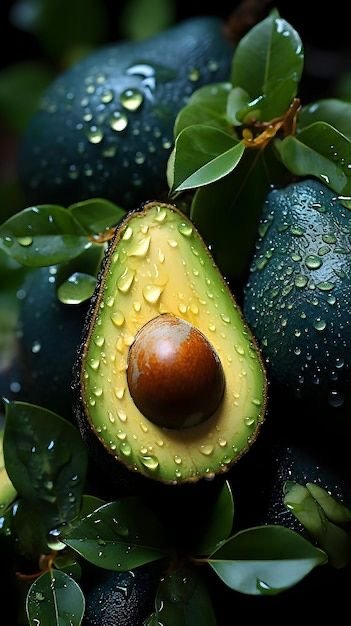
• Benefits for Skin Health
• Packed with healthy fats that keep skin hydrated and supple.
• Contains antioxidants like lutein and zeaxanthin, which protect against UV damage.
• How to Incorporate: Add sliced avocados to salads, toast, or smoothies.
3. Nuts and Seeds: A Crunchy Boost for Your Skin
• Examples: Almonds, walnuts, sunflower seeds, chia seeds
• Benefits for Skin:
• High in Vitamin E, which protects skin from oxidative stress.
• Walnuts are rich in Omega-3 and Omega-6 fatty acids, helping balance skin oils.
• Zinc in seeds supports wound healing and reduces acne.
• How to Incorporate: Snack on a handful daily or sprinkle seeds over yogurt or oatmeal.
4. Sweet Potatoes: Nature’s Sunscreen for Your Skin
• Benefits for Skin Health include:
• Contains beta-carotene, which converts to Vitamin A and helps prevent dryness and sunburn.
• Acts as a natural skin protector, giving a healthy glow.
• How to Incorporate: Roast or mash sweet potatoes for a nutritious side dish.
5. Dark Leafy Greens: The Powerhouse of Skin Nutrition
• Examples: Spinach, kale, Swiss chard
• Benefits for Skin:
• Rich in Vitamin C, which boosts collagen production and fights wrinkles.
• Contains antioxidants like lutein, which improves skin elasticity.
• Provides iron and folate, promoting healthy blood flow for glowing skin.
• How to Incorporate: Use in smoothies, salads, or sautéed dishes.
6. Berries: A Sweet Treat for Radiant Skin
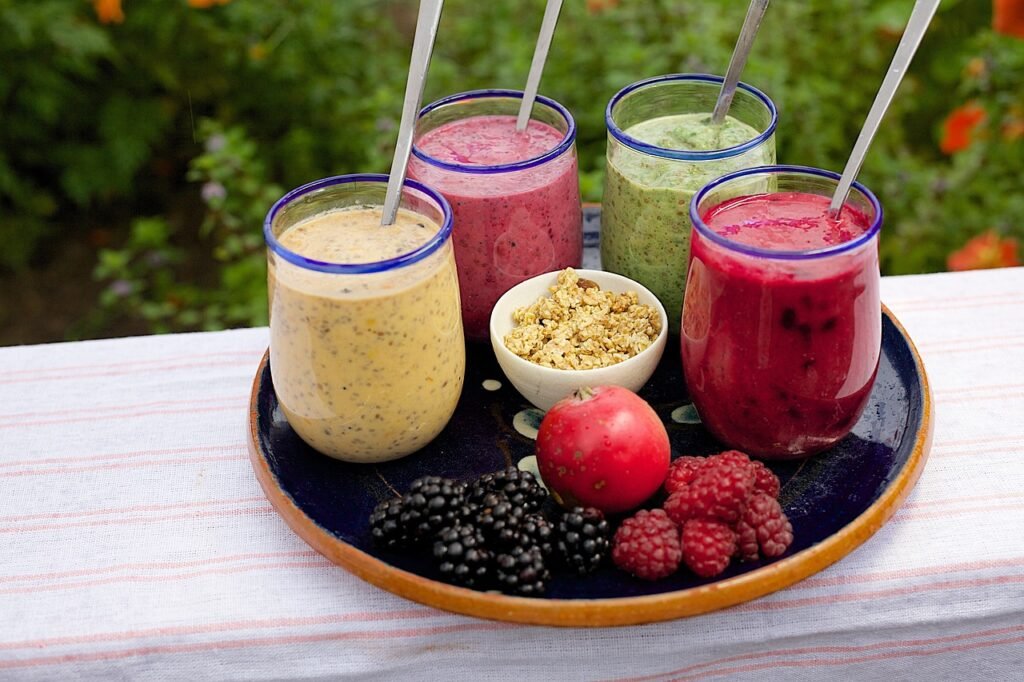
• Examples: Blueberries, strawberries, raspberries
• Benefits for Skin:
• High in antioxidants like anthocyanins that combat free radical damage.
• Vitamin C in berries helps brighten skin and reduce pigmentation.
• How to Incorporate: Add to breakfast bowls, smoothies, or desserts.
7. Tomatoes: Protection Against Sun Damage from Within
• Benefits for Skin:
• High in lycopene, a carotenoid that protects skin from sun damage.
• Contains Vitamin C, which boosts skin elasticity.
• How to Incorporate: Use fresh in salads, sauces, or soups.
8. Green Tea: Sip Your Way to Clearer Skin
• Benefits for Skin:
• Rich in catechins, powerful antioxidants that reduce redness and inflammation.
• Improves skin elasticity and hydration.
• How to Incorporate: Drink 1–2 cups daily or use cooled green tea as a toner.
9. Dark Chocolate: The Delicious Path to Healthy Skin
• Benefits for Skin:
• High in flavonoids, which improve skin hydration and protect against sun damage.
• Boosts circulation, giving your skin a natural glow.
• How to Incorporate: Choose dark chocolate with at least 70% cocoa and consume in moderation.
10. Citrus Fruits: A Vitamin C Boost for a Brighter Complexion
• Examples: Oranges, lemons, grapefruits
• Benefits for Skin:
• Loaded with Vitamin C, essential for collagen synthesis.
• Helps reduce pigmentation and brighten the skin.
• How to Incorporate: Drink freshly squeezed juices or eat as snacks.
11. Yogurt and Probiotics: The Gut-Skin Connection
• Benefits for Skin:
• Probiotics improve gut health, which reflects on the skin by reducing inflammation.
• Contains lactic acid, promoting smoother and brighter skin.
• How to Incorporate: Enjoy plain yogurt with fresh fruit or as a base for smoothies.
12. Water-Rich Foods: Hydration for Glowing Skin
• Examples: Cucumbers, watermelon, celery
• Benefits for Skin:
• Keep skin hydrated and plump.
• Reduce puffiness and promote detoxification.
• How to Incorporate: Snack on raw slices or add to salads.
Foods to Avoid for Healthy Skin
• Processed Foods: High in sugar and unhealthy fats, which can trigger inflammation and acne.
• Dairy: Some people may experience acne breakouts due to dairy sensitivity.
• Alcohol: Dehydrates the skin, making it look dull and tired.
• High Glycemic Foods: White bread, sugary snacks, and soft drinks spike insulin levels, worsening acne.
How to Create a Skin-Healthy Diet Plan
1. Focus on Balance: Include a variety of fruits, vegetables, proteins, and healthy fats.
2. Stay Hydrated: Drink at least 8 glasses of water daily.
3. Incorporate Antioxidants: Aim for colorful foods to boost your intake of skin-protecting antioxidants.
4. Limit Sugar and Processed Foods: Opt for natural sweeteners and whole foods.
5. Supplements: If needed, consider supplements like collagen, Vitamin D, or Omega-3 under a doctor’s guidance.
Frequently Asked Questions
Q1: Can diet alone improve skin health?
Diet is a major factor, but other elements like skincare routines, hydration, and stress management also play significant roles.
Q2: How long does it take for diet changes to affect the skin?
It can take 4–6 weeks of consistent healthy eating to notice visible improvements in your skin.
Q3: Are supplements necessary for good skin?
Supplements can help if you have deficiencies, but getting nutrients from whole foods is the best approach.
Q4: Can drinking more water help the skin?
Yes, staying hydrated improves skin elasticity, reduces dryness, and promotes a glowing complexion.
conclusion
The road to glowing, healthy skin starts with what you put on your plate. Including foods rich in antioxidants, vitamins, healthy fats, and moisture can nourish your skin from the inside out, fighting aging, reducing inflammation, and promoting a natural glow. Combined with good skin care, hydration, and a healthy lifestyle, these dietary changes can transform your skin over time. Start making small, consistent improvements to your diet today and enjoy the radiant, youthful skin you’ve always wanted.

